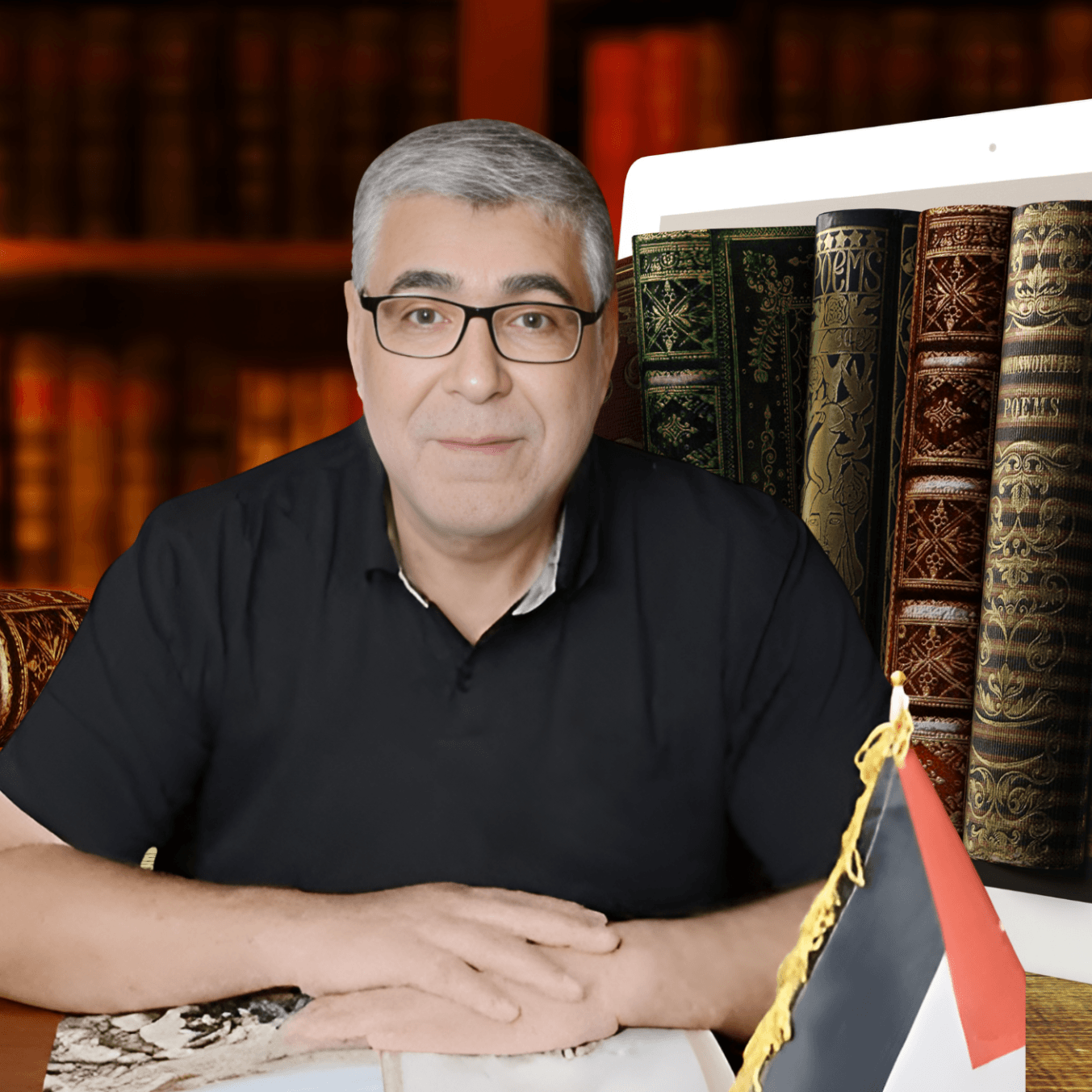Any bet on Iran in the war on Gaza is no longer useful in light of the negative Iranian position despite the new relationship with Hamas. Any assessment of this position is considered disastrous, as the ceiling of the conflict with Washington, the West or the Zionist state will not eliminate the scope of Tehran’s major interests and its sectarian-nationalist geopolitics.
After Hamas launched its surprise attack on Israel, Iranian Supreme Leader Ayatollah Ali Khamenei came out and praised what he called the “devastating earthquake” for Israel, expressing: “We kiss the hands of those who planned the attack.”
But he was also quick to deny Iran’s involvement in the attack that killed 1,200 people and took more than 240 hostages. Since then, Israel has spared no effort in annihilating Gaza, resulting in the deaths of more than 18,000 Palestinians so far.
If Iran denies that it has no knowledge of Operation Al-Aqsa Flood, and Khamenei denies his knowledge of what happened on 7 October, then why do mainstream and social media constantly mention Iran alongside Hamas when talking about the attack?
Is the answer related to Iran’s steadfast support for the so-called axis of resistance?
READ: Palestinian factions claim striking Israeli military targets in Gaza
Let us go back, specifically, to the Iran-Iraq war, a war that lasted eight years and ended with Iraqi victory over Iran.
Despite courting the Palestinians, Iran informally accepted military support from Israel through intermediaries and in various forms of military assistance to Iran.
This alliance was unexpected, but it was said at the time that for Israel, continuing the war would mean keeping Iran and Iraq busy with one another.
Throughout the 1990s and 2000s, Iran played an essential role in supporting Hamas, despite the difference in shared religious ideology and political views – Hamas follows Sunni Islam, while the Iranian regime abides by Shiite Islam.
However, in 2012, relations between Hamas and Iran became tense. When the movement refused to support Syrian President Bashar Al-Assad, a close ally of Iran, amid the civil war in his country, Iran stopped financial aid to Hamas and reduced its support for the movement’s armed activities.
In 2015, the division deepened due to the apparent rapprochement between Hamas and Saudi Arabia, Iran’s old adversary.
Although Supreme Leader of Iran Ayatollah Ali Khamenei sent a warning to Israel, in which he said: “The resistance forces will run out of patience, and no one will be able to stop them,” Iran stands idly by in the face of the massacres that are taking place, committed by Israel against the Palestinian people in Gaza.
Iran, whose leaders have pledged for four decades to destroy Israel, now faces a test of its credibility and whether its decision and proxies in the region live up to their fiery rhetoric.
However, those who expected that the Gaza war would be Iran’s opportunity to carry out its promise to eliminate Israel from existence were surprised by the extent of Iranian discipline and the regime’s ability to absorb the enormous embarrassment it suffers in the eyes of its extremist wings in the country, the interior and its allies in the region before the eyes of its opponents.
The truth is that Iran is not interested in military participation in the war, as much as its focus is on exploiting the war to strengthen its position in the sphere of influence in the Middle East. Everyone knows that Tehran aims to strengthen its control in its sphere of influence, specifically Iraq, Lebanon and Yemen while avoiding the risks of any comprehensive war.
Therefore, the implications of the Iranian strategy are far-reaching and are no less than redefining the balance of power in the Middle East within a new model of conflict in which the battlefields are political and ideological as much as they are physical.
What is noted is the presence of a kind of “secret diplomacy”between Iran and the US in the midst of this battle in order to control the practices of armed groups affiliated with Iran in Syria and Iraq.
Perhaps the Iranian citizen finds themself facing a reality in which their demands are ignored by the authority, and they no longer feel committed to issues that are of concern to the political authority. They realise that the real loser of what is happening in Gaza today is the “Islamic Republic” because this battle revealed the extent of the contradiction in values and positions between the people and the ruling political authority.
Iran is not in favour of expanding the war, and is working to achieve a ceasefire and deliver humanitarian aid as quickly as possible to the besieged Gaza Strip.
READ: 500,000 Palestinians face hunger, thirst in Gaza: Municipality
The views expressed in this article belong to the author and do not necessarily reflect the editorial policy of Middle East Monitor.

![Iranian Supreme Leader Ali Khamenei in Tehran, Iran. [Iranian Leader Press Office/Anadolu Agency]](https://i0.wp.com/www.middleeastmonitor.com/wp-content/uploads/2022/01/20220109_2_51652509_72367302.jpg?fit=920%2C613&ssl=1)







